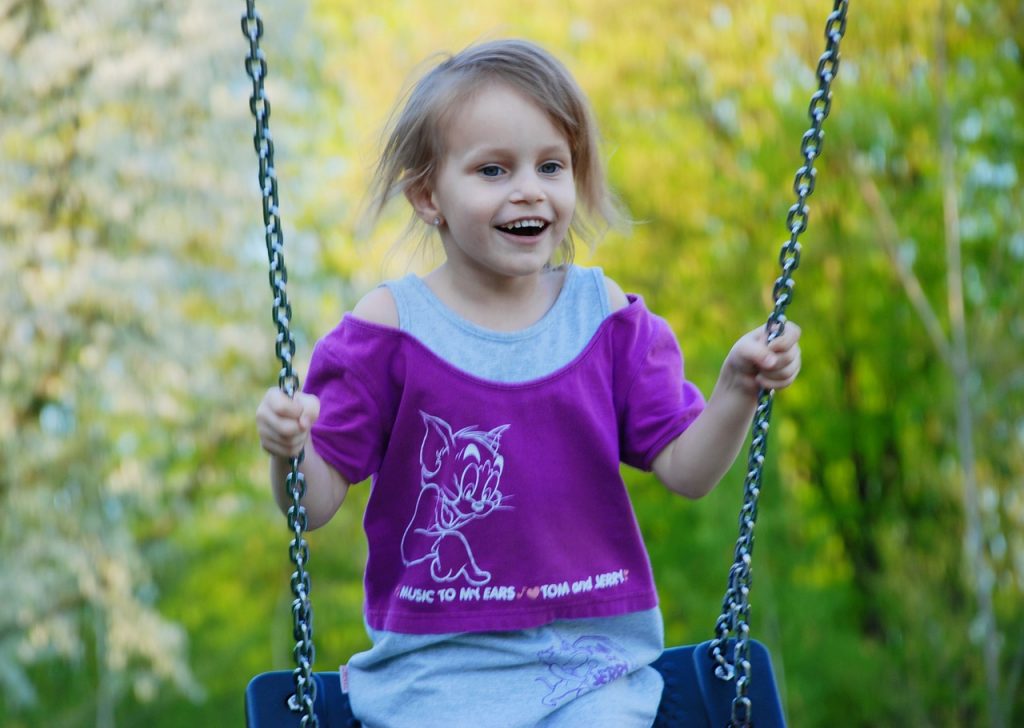Introduction
As parents, we want the best for our children – from their education to their health and everything in between. One aspect that often goes overlooked is the clothes we dress them in. The fashion industry has a significant impact on the environment, and the production of children’s clothing is no exception. But, there’s good news: a growing number of children’s clothing brands are taking steps to create sustainable and ethical fashion for our little ones. In this article, we’ll take a look at some of the best children’s clothing brands that prioritize sustainability and ethics in their production processes.
What Makes a Children’s Clothing Brand Sustainable and Ethical?
Sustainability in children’s fashion refers to the practices and processes used to create clothing that has a minimal impact on the environment. This can include using eco-friendly materials, reducing waste, and implementing fair labor practices.
Ethical fashion refers to the fair treatment of those involved in the production process, from the workers who create the clothing to the communities impacted by the manufacturing process. Brands that prioritize ethics in their production processes ensure that workers are paid fair wages, have safe working conditions, and are not subjected to exploitation or abuse.
Combined, sustainable and ethical fashion creates a better future for our children and the planet. By choosing to support these brands, we can help drive change in the fashion industry and create a more conscious and responsible approach to children’s clothing production.
The Best Children’s Clothing Brands for Sustainable and Ethical Fashion
Patagonia
Patagonia is a well-known brand for outdoor and adventure clothing, but they also offer a range of sustainable and ethical children’s clothing. From babywear to kids’ outdoor clothing, Patagonia is committed to using environmentally friendly materials, such as organic cotton, recycled polyester, and sustainable down. The brand also implements fair labor practices and is a member of the Fair Labor Association, ensuring workers are treated fairly and paid fair wages.
Mini Rodini
Swedish brand Mini Rodini is a favorite among parents for its fun and playful designs. The brand is committed to sustainability, using organic cotton and recycled materials in its clothing production. Mini Rodini also works with factories that have fair labor practices, ensuring workers are treated ethically and paid fair wages.
Stella McCartney Kids
Stella McCartney is a well-known designer brand, and the children’s line is no exception. The brand is committed to sustainability, using eco-friendly materials, such as organic cotton, and implementing environmentally friendly production processes. Stella McCartney Kids also works with fair labor practices, ensuring workers are treated ethically and paid fair wages.
Burt’s Bees Baby
Burt’s Bees Baby is known for its organic and natural products, including its clothing line. The brand uses organic cotton and other eco-friendly materials, and all of its clothing is made in facilities that have fair labor practices.
H&M Conscious Collection
The H&M Conscious Collection offers a range of children’s clothing made from sustainable materials, such as organic cotton and recycled polyester. The brand is also committed to fair labor practices, working with suppliers to ensure workers are treated fairly and paid fair wages.
The Benefits of Choosing Sustainable and Ethical Children’s Clothing Brands
Choosing sustainable and ethical children’s clothing brands has numerous benefits, both for our children and for the planet. Some of the benefits include:
Better for the environment: By choosing clothing made from eco-friendly materials and produced through sustainable processes, we can help reduce the environmental impact of the fashion industry. This includes reducing waste and conserving resources, such as water and energy.
Healthier for children: Some conventional clothing materials and production processes can expose children to harmful chemicals and toxins. Choosing sustainable and ethical brands helps ensure that the clothes our children wear are free from harmful substances.
Supports fair labor practices: By supporting brands that prioritize fair labor practices, we can help ensure that workers involved in the production process are treated ethically and paid fair wages. This helps improve working conditions and supports communities impacted by the fashion industry.
Promotes sustainable and ethical practices: By choosing sustainable and ethical children’s clothing brands, we can help drive change in the fashion industry and promote a more responsible and conscious approach to production processes.
Conclusion
As parents, it’s our responsibility to make informed choices that benefit our children and the planet. By choosing sustainable and ethical children’s clothing brands, we can ensure that our little ones are dressed in clothes that are environmentally friendly and ethically produced. From Patagonia to Mini Rodini and H&M Conscious Collection, there are numerous brands that prioritize sustainability and ethics in their production processes. By supporting these brands, we can help create a better future for our children and the planet.

